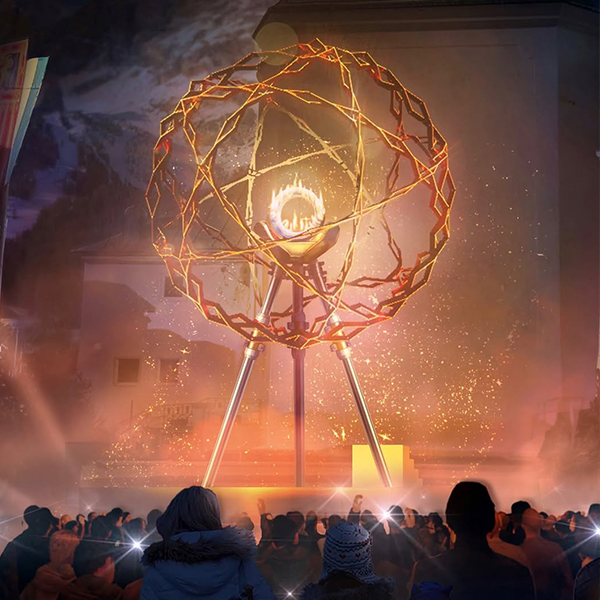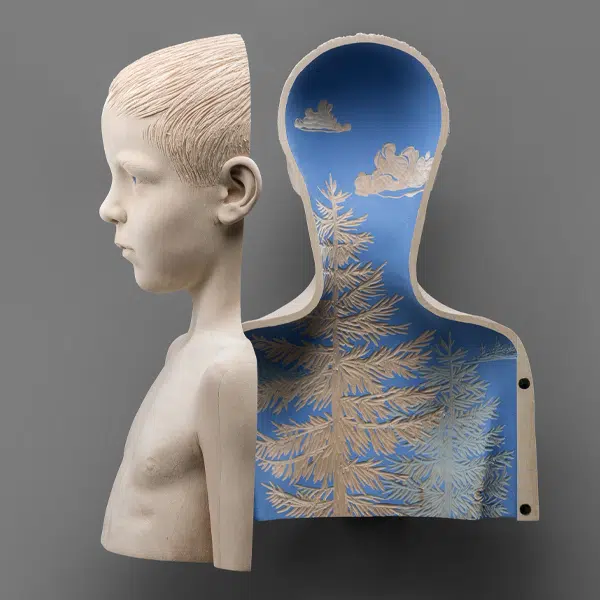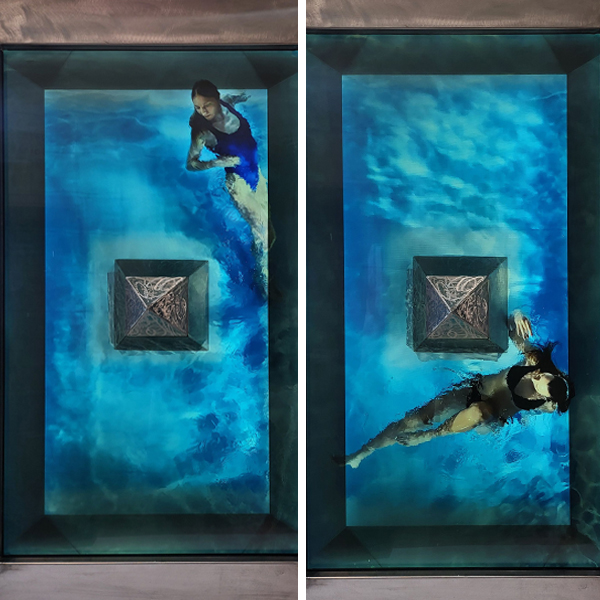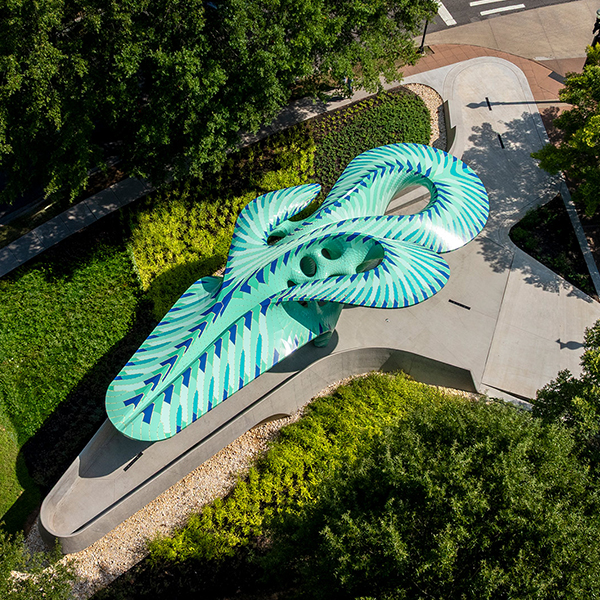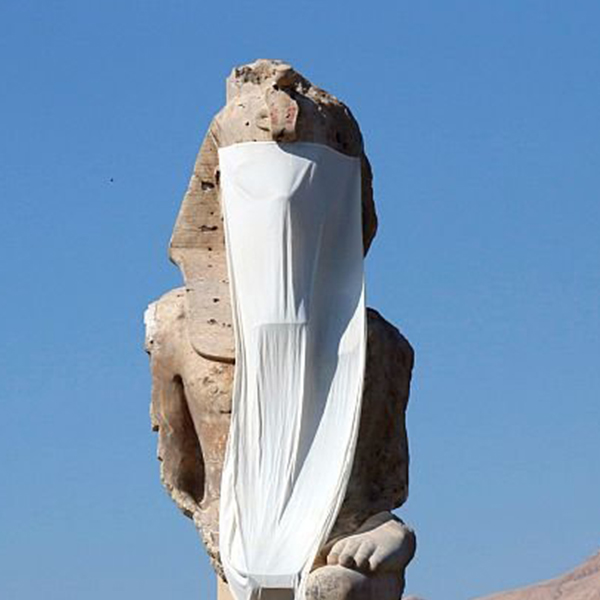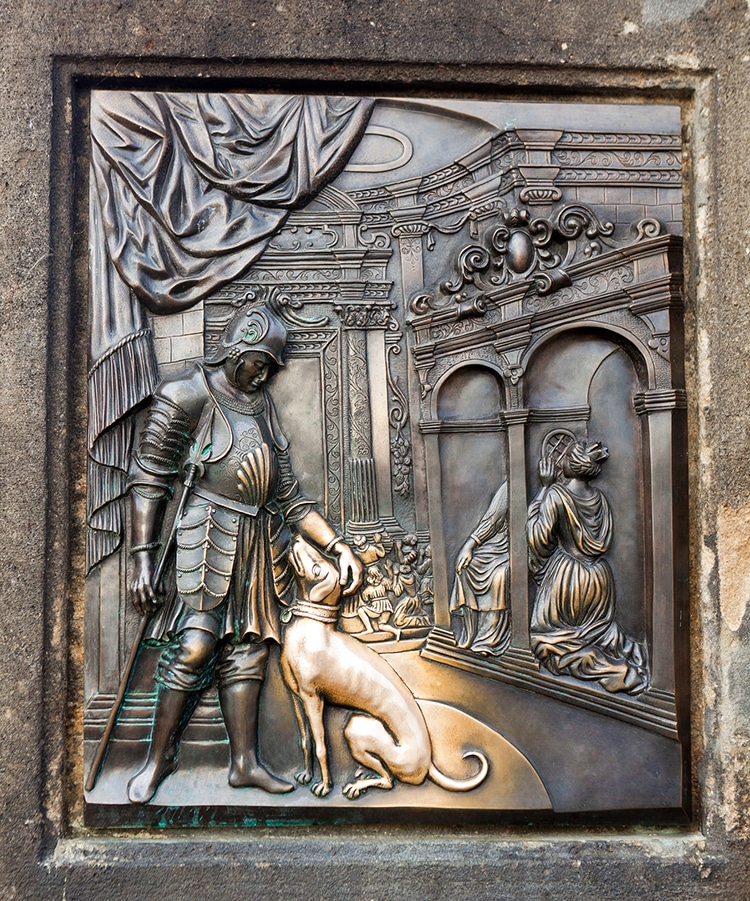
The late 17th-century reliefs at the base of the statue of St. John of Nepomuk in Prague. (Photo: LAKUR/Depositphotos)
Everyone loves a good dog, so it comes as no surprise that there are monuments and statues that pay homage to man's best friend. Japan has the famed Hachikō dog statue, but there's another beloved dog in another part of the world that may be lesser known. Tourists ambling over the damed medieval Charles Bridge in Prague often find themselves drawn to one specific, legendary pup framed in a bronze relief on the base of a statue of Saint John of Nepomuk. In this relief sculpture, a knight stands in the foreground gently caressing his loyal hound. The dog is so well-loved by passersby that it has come to shine a golden color from receiving so many pets. So what is the story behind this adorable tradition? We have to travel back to 14th-century Prague to learn the story of this bridge and the saint first.
History of Charles Bridge and Saint John of Nepomuk
The Charles Bridge vaults over the Vltava (Moldau) River in Prague in the Czech Republic. The medieval stone bridge was constructed from 1357–1402. It was constructed on the orders of King Charles IV of Bohemia, who also became the Holy Roman Emperor. His son King Wenceslaus IV of Bohemia later continued the building project. Today, the impressive bridge still stands and is decorated with statues added during the 17th and 18th centuries. Tourists flock to it, situated as it is on an impressive walk between Old Town and the Prague Castle.

Statues at sunset on the Charles Bridge in Prague. (Photo: VITALYTITOV/Depositphotos)
The earliest of these statues is a bronze dating to 1683. Atop a pedestal stands a representation of the medieval Roman Catholic saint known as Saint John of Nepomuk. The priest lived from about 1345 to 1393, a lifespan which coincidently largely coincided with the bridge's construction. According to his hagiography (the life of a saint), John of Nepomuk was confessor to the Queen of Bohemia.

The statue of St. John of Nepomuk is one of many on the Charles Bridge in Prague, Czech Republic. (Photo: MARINA99/Depositphotos)
This position was poor John's downfall. When the angry and jealous king demanded to know the content of his wife's confession, Saint John of Nepomuk refused to divulge. The king—likely Wenceslaus IV—retaliated by dumping the stubborn cleric into the Vltava River to drown. Although not beatified or canonized until the 18th century, it seems John of Nepomuk was quickly revered as a martyr for the sacred secrecy of the confessional. He also came to be revered as a symbol of the church's resistance to encroachment from monarchial states.
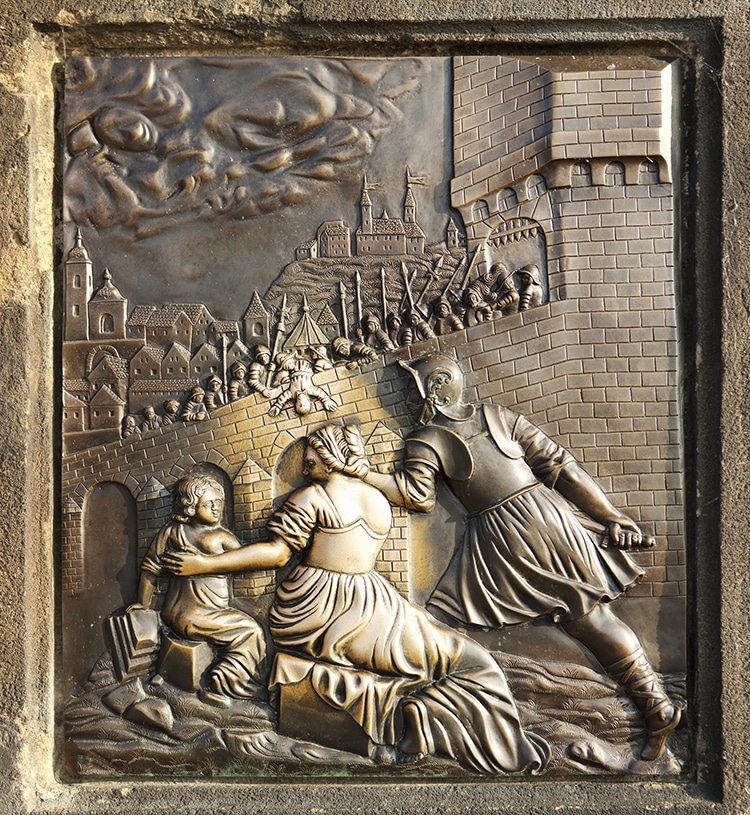
This relief shows the martyrdom of St. John of Nepomuk. (Photo: SEARAGEN/Depositphotos)
Shortly before officially becoming a saint, John of Nepomuk was memorialized on the Charles Bridge. His statue features a five-star crown, a palm (a symbol of martyrdom), and a cross. Beneath his figure lie two bronze plaques green with age and exposure. One features his martyrdom scene. Legend has it touching the falling priest—and even the queen upon the bridge—is good luck. Like these two spots, a dog prominently depicted on the other panel is also rubbed to a golden sheen.
The Knight and the Dog
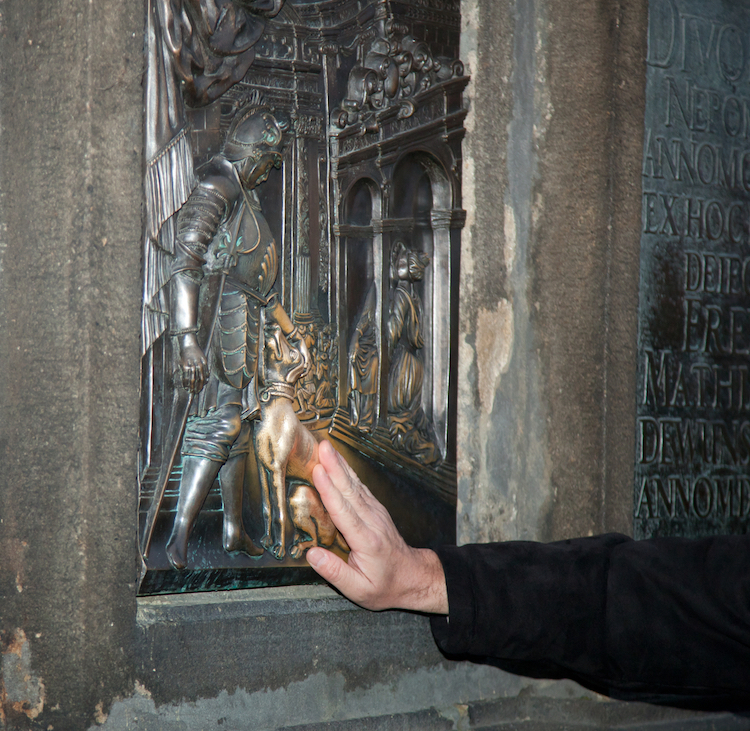
Old relief below the statue of St. John of Nepomuk on Charles Bridge in Prague, Czech Republic. According to the legend, touching it brings luck. (Photo: AntonioGravante/Depositphotos)
In the panel prominently featuring a knight and a dog, it is a bit unclear why the dog is depicted, as no “good boys” are mentioned in the saint's life. Experts on the bridge's legends speculate the knight and dog may represent loyalty and duty, which the priest once espoused to his flock and church. Interestingly, old photographs do not show the dog shining golden from many pets. This suggests that the petting is a 20th-century innovation, despite the age of the statue.
While the dog is not considered to be lucky exactly, people clearly like to pet it because its loving and loyal demeanor represents a longstanding love of dogs. From the statues' creators to today's tourists, everybody wants to pet a good dog. Next time you are in Prague, wander across the Charle's Bridge for a dose of history and an adorable dog.
Related Articles:
Get a New Perspective on Prague With These Spectacular Drone Photos
Watch Animals Safely Cross Utah’s First Wildlife Overpass
5 Facts About Rosa Bonheur, France’s Most Celebrated Painter of Animals
Dynamic Dancers Photographed on the Historic Streets of Prague













































































